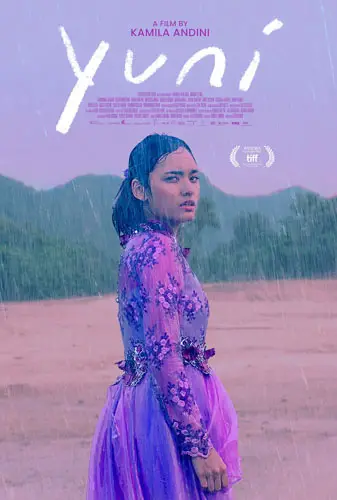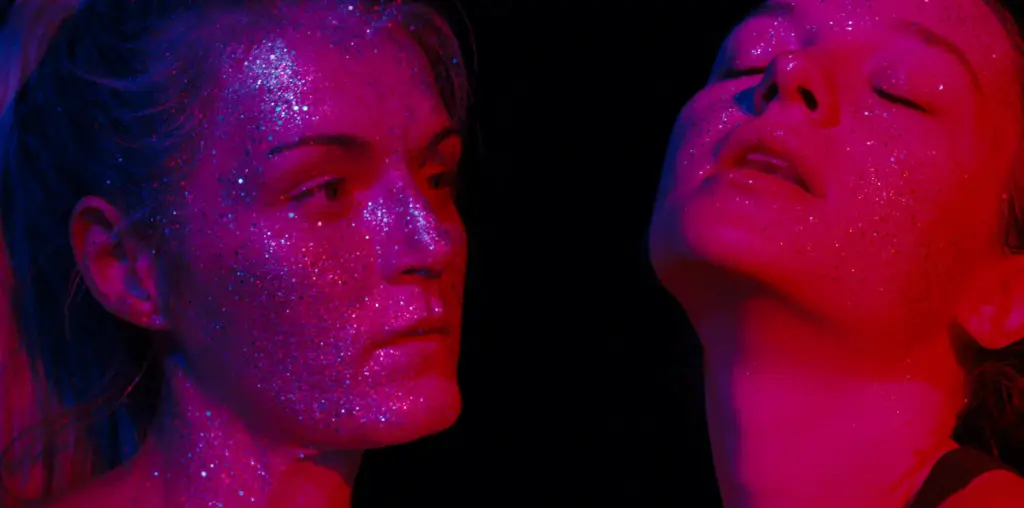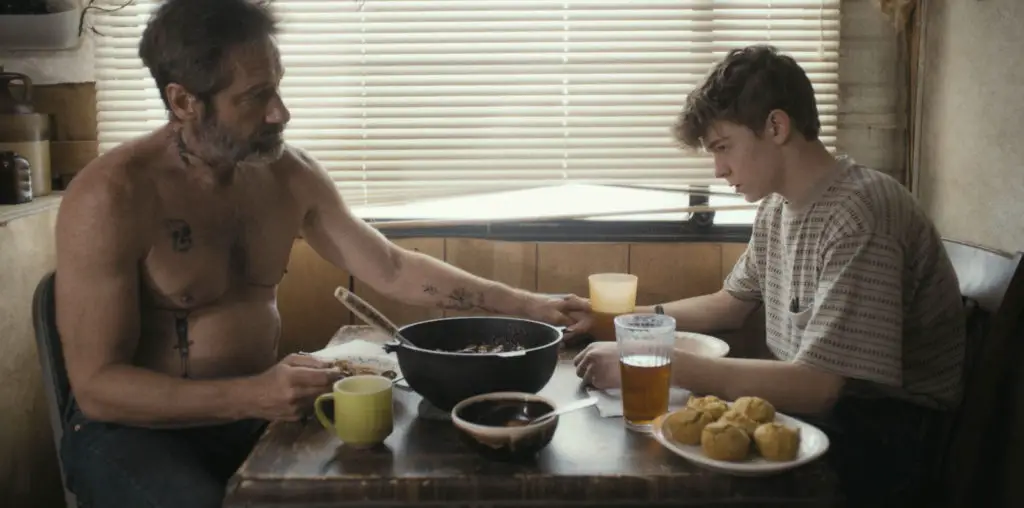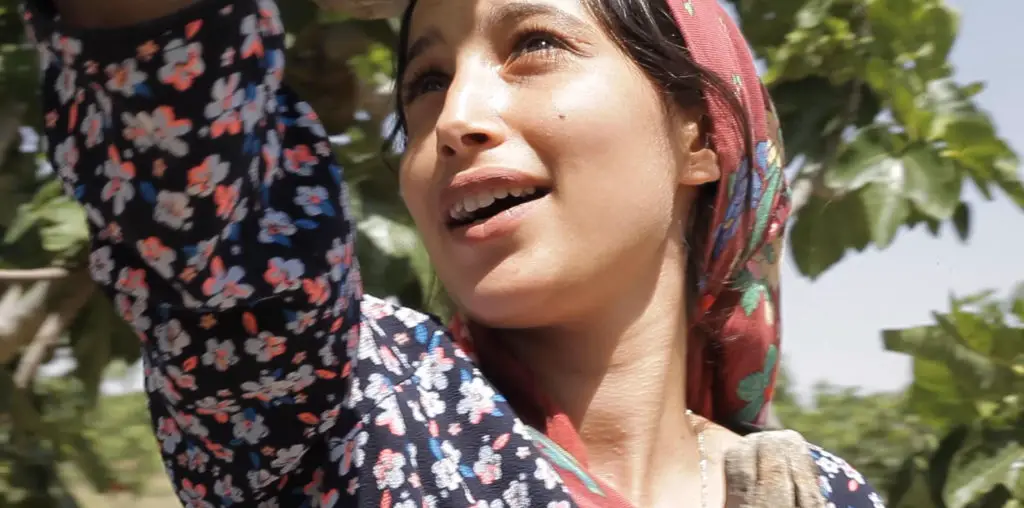
Yuni is dedicated to poet Sapardi Djoko Damono. Co-writer/director Kamila Andini and co-writer Prima Rusdi use his poem The Rain In June as the thematic cornerstone of this coming-of-age drama. Do the plights of teens the world over always ring true, or does cultural specificity derail the whole affair?
Yuni (Arawinda Kirana), a 16-year-old girl, finds herself caught between the traditional values of her grandmother (Nazla Thoyib) and her own aspirations. Her grandmother, adhering to old-school norms, believes Yuni should be considering marriage proposals; so far, two have come in. However, Yuni just wants to play music, socialize with her friends, and pursue a scholarship to attend university. This clash of values creates a tense atmosphere at home, exacerbated by the school’s newly implemented virginity test and the Islamic Club’s ban on what it deems to be immoral activities, including music.
Yuni’s journey is a profound exploration of societal expectations and personal aspirations. It’s a narrative that resonates with anyone who has grappled with the clash between tradition and personal growth. Her love for the color purple and her budding romance with Yoga (Kevin Ardilova) add depth to her character, inviting the audience to empathize with her emotional journey. But it’s her encounter with Suci (Asmara Abigail), a divorced hair stylist with a passion for fashion, that opens her eyes to the possibilities of life, even if it means making difficult choices and going against those she loves most.
Yuni is a slow-burn, meditative film. There are only three, maybe four, big moments, and even those are played in a sedate manner. Now, before one thinks that is an issue, it is not at all. Rather, Andini allows all watching to observe and, therefore, feel with and for the lead character. The story is more emotion-based than plot, and those feelings are proudly, sweetly, and intensely on display.

“…a 16-year-old girl, finds herself caught between the traditional values of her grandmother and her own aspirations.”
Moreover, Kirana is a natural. The character is constantly looking inward, figuring out herself and the world around her, something all teens face at one point. She breathes life into such soul-searching, creating a three-dimensional portrait of a complicated person. Ardilova is also fantastic. He’s meek and tender and brings the awkwardness of first love to full bloom.
Regrettably, the symbolism of the color purple in Yuni is not fully explained, leaving the audience to interpret its meaning. Is it a symbol of shame, wisdom, or personal empowerment? The film’s portrayal of the color’s significance is open to interpretation, which can be both intriguing and confusing for the audience. This ambiguity adds a layer of depth to the narrative, inviting the audience to engage with the film’s symbolism on a personal level.
The role of the Islamic Club in Yuni’s school, a seemingly non-religious institution, is a point of confusion. The club’s influence, which extends to banning activities without warning, is puzzling and not fully explained. This lack of clarity may leave the audience questioning the club’s authority and its relevance to the story. Clarifying this aspect of the film’s context could help the audience better understand the societal pressures Yuni is facing.
Yuni is a beautiful, tender film with strong characterizations. The cast is excellent, and the subtle direction reinforces Yuni’s overwhelming feelings. However, not everything makes total sense, so a few scenes and visual motifs are more confusing than anything else.
For more information, visit the official Yuni Film Movement page.

"…Kirana is a natural."


